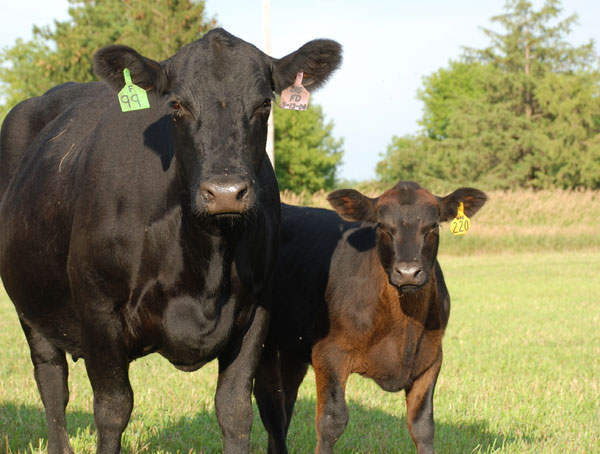Most progress in this industry is not made when things are going well, but rather when times are tough.

The second largest gathering of cattlemen in the U.S. will occur in a couple of weeks at the American Angus Association Annual Convention. The election of board members is not expected to be as controversial or hotly contested as in recent years, but that doesn’t mean important topics will not be discussed.
There will be discussion about the role that a breed association should play in the commercial industry, especially as it relates to describing and marketing commercial cattle. Secondly, there will be a lot of discussion about the role of indexes and to what degree the association should provide the tools to help breeders make better cattle.
The reason these debates are interesting is not because of the science or the economics. Those are well known and really not debatable. And unlike some discussions in the past, it is not about change and the threats of being a leader, as most of the other breeds are already offering these tools as well.
Rather this is a debate that all successful organizations face as change is feared and the status quo relished. I don’t remember who said it, but one of my favorite quotes was given by a cattlemen at a large industry gathering. He said, “There is nothing more in peril than a new idea presented to a room full of cattlemen who are making money.”
After hearing that quote, I have noticed that most progress in this industry is not made when things are going well, but rather when times are tough. That phenomena is certainly not something specific to the beef industry. Many of us have read case studies of great businesses that didn’t adopt to change or implement new technologies, or refused to embrace the changes occurring in the marketplace and know how those companies fared in a new and changing environment. One of the great ironies is that success leads to complacency.
Hopefully, these debates will focus on the science, economics and facts. Hopefully, they will be focused on how to move forward aggressively and how to execute and implement effectively to remain competitive. Hopefully, the focus will remain on the things that have driven previous success within the Angus breed; a focus on what is best for commercial producers of Angus genetics and what is best for the industry as a whole.
As an Angus breeder, I’m confident that will be the case and that the association will continue to be a leader and to make well informed, scientific and economically based decisions, regardless of whether or not they have the potential to create some disruptions for individual breeders.
It is human nature to want to avoid disruptions and change, but in today’s rapidly evolving industry, with increasing competition, we must carefully guard against the urge to halt progress. I remember a few years back the talk about how Wal-Mart was not only the dominant force in our beef market, but would always be. Today, the popular thought is about the new sheriffs in town who are threatening to rewrite the rules of the grocery business – Amazon and eBay.
About the Author(s)
You May Also Like





